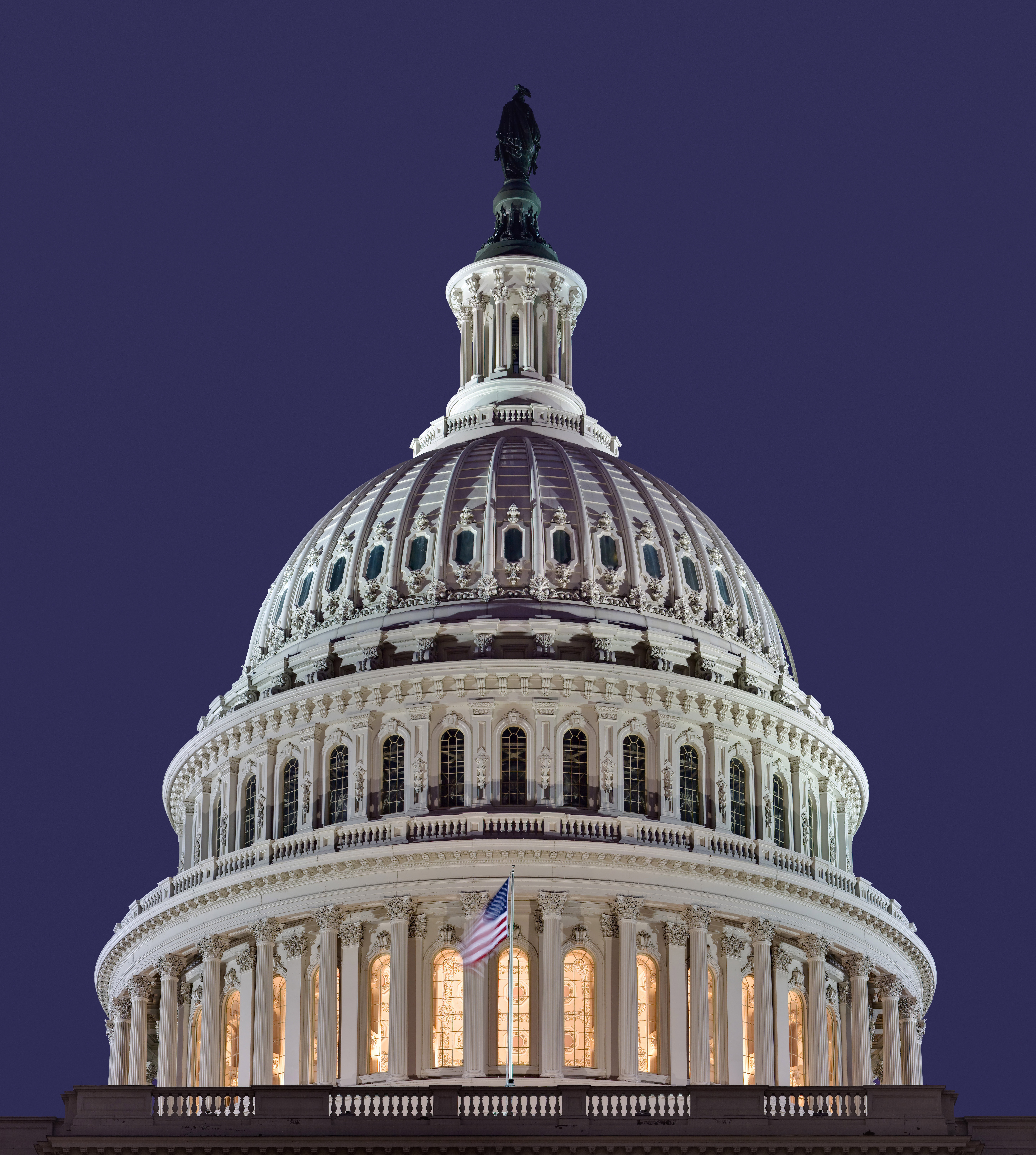Senator Bernie Moreno’s recent assessment of President Trump’s hemispheric strategy reveals something remarkable happening south of our border—a conservative awakening that could fundamentally reshape America’s strategic position for decades to come. While Washington’s foreign policy establishment spent years obsessing over distant conflicts, Trump is quietly building the most significant regional alliance since the Monroe Doctrine.
The Ohio Senator’s observation that Trump is “unleashing a wave of conservative movement in Latin America” isn’t just political rhetoric—it’s a recognition of sophisticated geopolitical maneuvering that addresses America’s most pressing security challenges at their source. From cartel violence to Chinese infiltration, Trump’s approach tackles problems where they originate rather than simply managing their consequences at our doorstep.
Consider the narcoterrorism crisis that has claimed hundreds of thousands of American lives. Previous administrations treated this as a law enforcement problem, pouring billions into interdiction efforts while cartels grew stronger and more sophisticated. Trump’s direct message—”if you want to poison American citizens, we’re going to kill you first”—signals a fundamental shift toward treating drug trafficking as the national security threat it truly is.
This isn’t cowboy diplomacy; it’s constitutional foreign policy in action. The Founders understood that America’s primary obligation is protecting American citizens, not managing global opinion polls. By working with conservative allies across Latin America who share similar concerns about cartel violence, Trump is building coalitions based on mutual interest rather than the artificial constructs favored by globalist institutions.
The economic implications are equally profound. Trump’s vision of bilateral relationships “from Argentina to Canada” creates a Western Hemisphere trading bloc that leverages our natural geographic advantages while reducing dependence on hostile nations. Why should America rely on Chinese supply chains when we have natural partners who share our values and want to prosper alongside us?
This strategy directly challenges China’s Belt and Road expansion into our hemisphere. While Beijing offers debt-trap infrastructure deals, Trump offers something more valuable—genuine partnership with the world’s largest economy and most innovative society. Latin American conservatives are taking notice, recognizing that alignment with American constitutional principles offers more sustainable prosperity than Chinese authoritarianism.
The migration dimension adds another layer of strategic brilliance. Rather than simply fortifying our border—though that remains essential—Trump’s approach addresses illegal immigration at its source by fostering conservative governance in origin countries. When Latin American nations embrace free market principles and rule of law, their citizens have less reason to abandon their homelands.
Senator Moreno’s insight about shared values proves particularly astute. Latin American conservatives often hold stronger positions on family, faith, and national sovereignty than many American liberals. These aren’t relationships that require constant maintenance or artificial incentives—they’re built on genuine ideological alignment that creates durable partnerships.
The presence of Hezbollah operatives and Chinese gangs in Latin America demonstrates why this hemispheric focus matters urgently. America’s southern border security begins far beyond the Rio Grande, and Trump understands that regional stability requires addressing threats before they reach our neighborhoods.
Critics will inevitably invoke tired accusations about American imperialism, but this approach represents the opposite—genuine respect for sovereignty and self-determination. Trump isn’t imposing American will; he’s offering American partnership to nations that choose conservative governance and market economics.
The constitutional framework supports this strategy perfectly. The Founders envisioned American foreign policy that prioritized American interests while respecting other nations’ right to self-governance. Trump’s Latin American outreach embodies these principles by offering mutually beneficial relationships without the condescending paternalism that characterized previous approaches.
For patriots watching these developments, the implications are encouraging. A hemisphere-wide conservative alliance strengthens America’s strategic position while advancing constitutional principles globally. As Latin American conservatives embrace Trump’s partnership model, America gains natural allies in countering Chinese influence and building sustainable prosperity.
This isn’t just foreign policy—it’s the foundation for American leadership in the 21st century, built on constitutional principles and mutual respect rather than globalist ideology.





